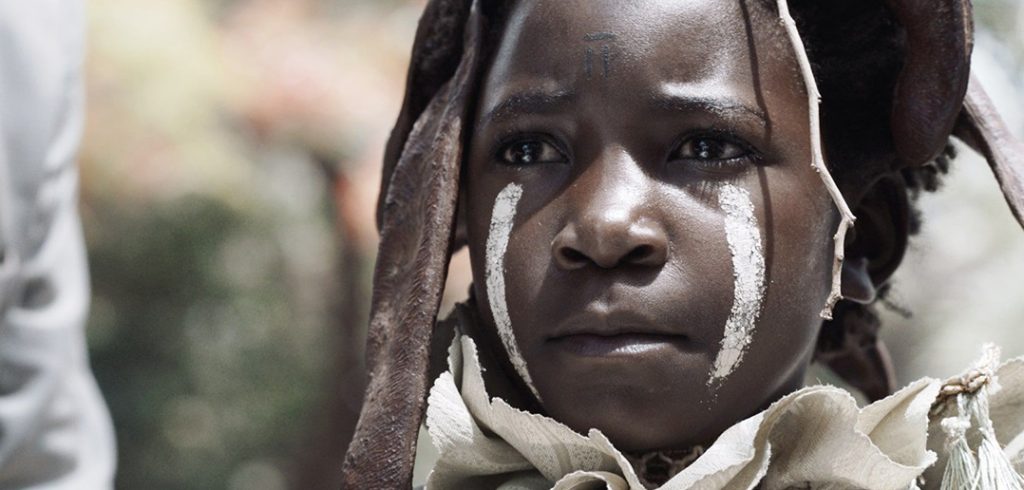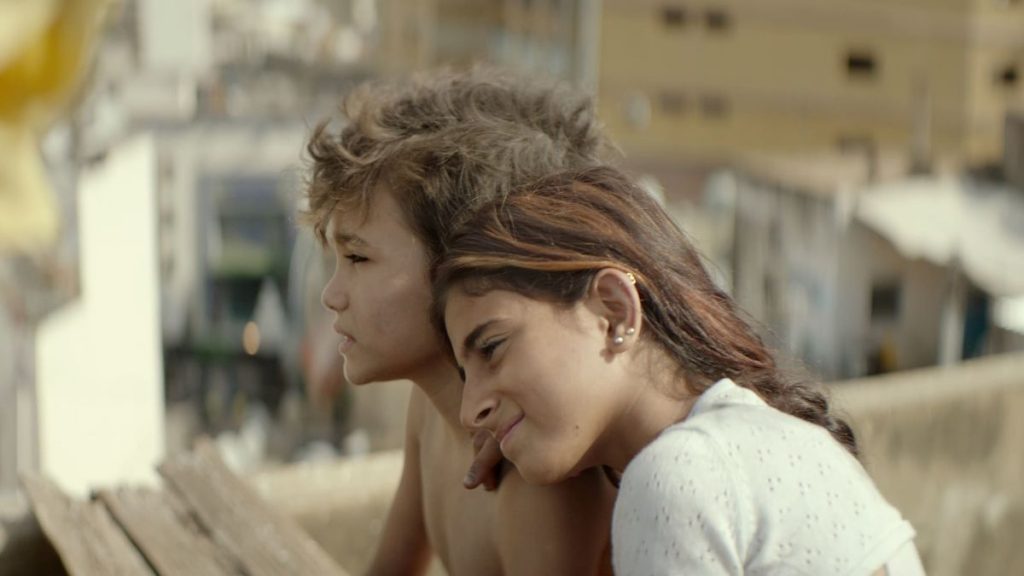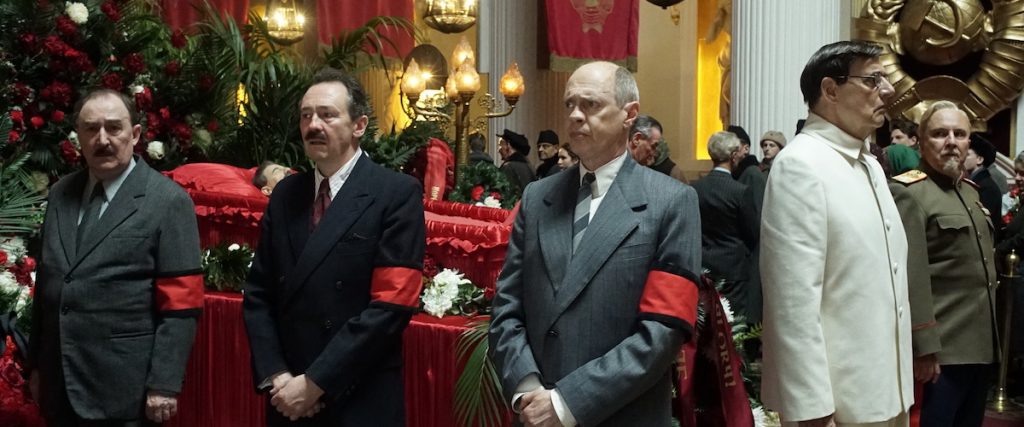
This video essay on Rungano Nyongi’s I Am Not a Witch by Amarachi Ngwakwe explores the film’s depiction of power through an analysis of Nyongi’s deft formal techniques. Through Nyongi’s filmmaking, according to Ngwakwe, we can understand this film as an examination of what power and imprisonment truly mean.



